- Saturday, 28 February 2026
Chhayanath Rara Municipality approves Procedures on Labour Bank
The Chhayanath Rara Municipality has passed a procedure to open a labour bank with the concept that prosperity is possible through labour.
Preparations on to implement policy of mixing 10 percent ethanol in petrol
Preparations are underway to immediately implement the policy of mixing 10 percent ethanol in petrol in Nepal.
Seven months' foreign trade marked by Rs 955 billion deficit
In the first seven months of the current fiscal year, the country's foreign trade transactions stood at Rs 1,291.63 billion, while the deficit surpassed Rs 955 billion.
NEPSE down by to 0.77 per cent to 2642.15
Nepse index slid down by 0.77 percent to 2642.15 today. Similarly, Banking index slid down by 0.45 percent to 1357.79 .
Government revises budget for current fiscal year, downsizes by 14.06 percentage point
Through a mid-year review of the budget for the current fiscal year 2082/83 BS (2025/26), the government has revised downward both revenue and expenditure estimations.
Gold, silver prices increase
The price of gold and silver has increased in the first trading day of the week in the domestic market today.
Strategic partner for NEPSE restructuring recommended
A study committee has submitted its report to the government with recommendation to bring strategic partner for the Nepal Stock Exchange Limited (NEPSE) reforms, capital increment and ownership restructuring.
5-year financial sector reform strategy comes into force
A 5-year financial sector development strategy prepared for a robust and inclusive financial system has come into force. The strategy has aimed at contributing to economic prosperity.
Investing in U.S. assets and economic uncertainty
In 2025, the U.S. dollar index fell from around 108 at the beginning of the year to roughly 98 by year-end, a cumulative decline of 9.4% and its worst annual performance in eight years. Central banks, for the first time in decades, hold more reserves in gold than in U.S. Treasuries, signaling greater questioning around dollar hegemony and rising demand for geopolitical hedges.
Third meeting of China-Nepal Coordination Mechanism on Border Trade and Cooperation held
Both sides agreed to move forward with discussions on key frameworks, such as the 1981 Trade and Payment Agreement, simplifying border passes, speeding up the construction of the Tokha Chhahare Tunnel, setting quotas for fertilizer imports, extending China's zero-tariff policy after Nepal's graduation for the LDC status, and improving vehicle rerouting during disasters
HONOR X9d Pre-Booking Offer Turns Smartphone Buyers Into Deepal Car Winners
HONOR announced the launch of the all-new HONOR X9d in Nepal.
Second edition of Global Labour Market Academy inaugurated
The academy brought together participants from 31 countries, including 19 countries joining for the first time and 12 countries returning from the 2025 edition, according to a press release issued by the GLMA.

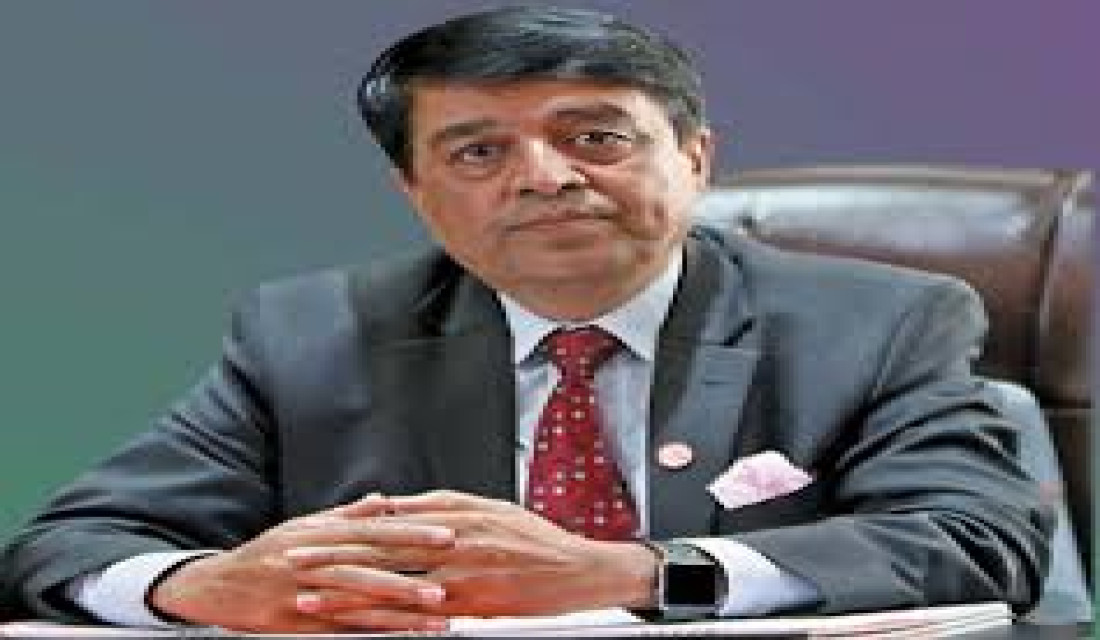
-(1)-original-thumb.jpg)

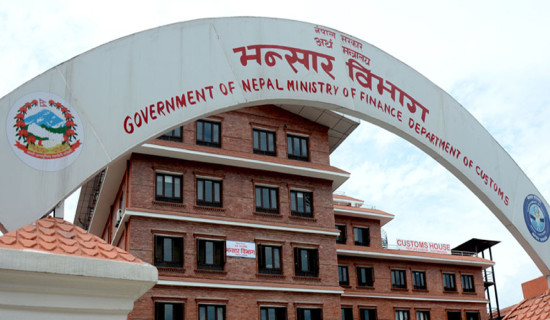
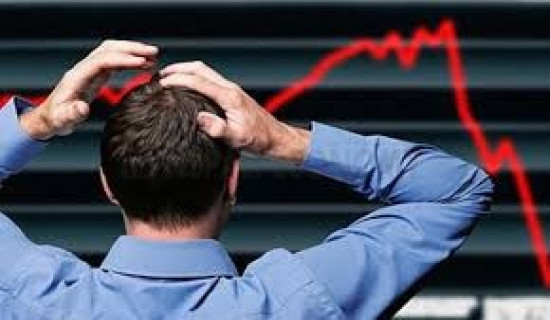


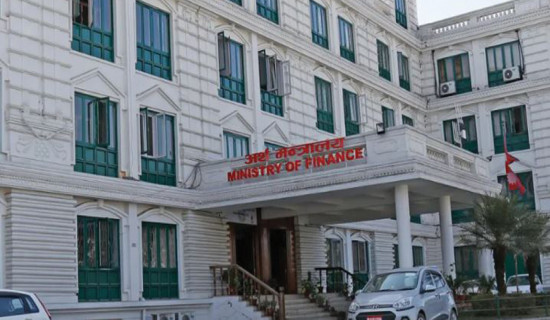
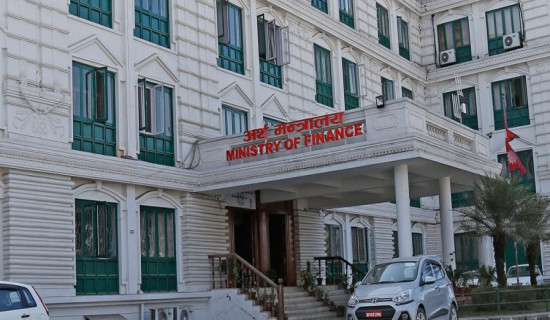
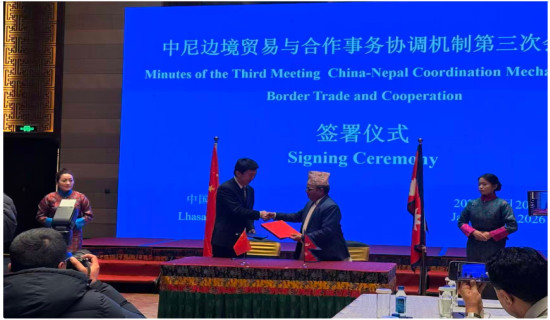

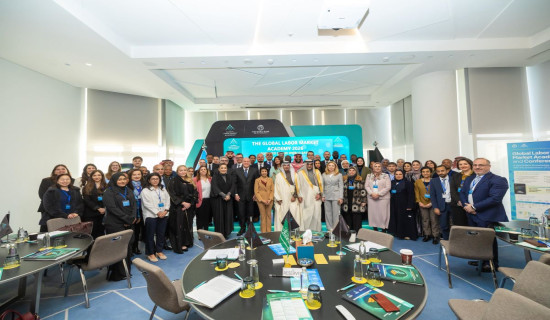
-original-thumb.jpg)